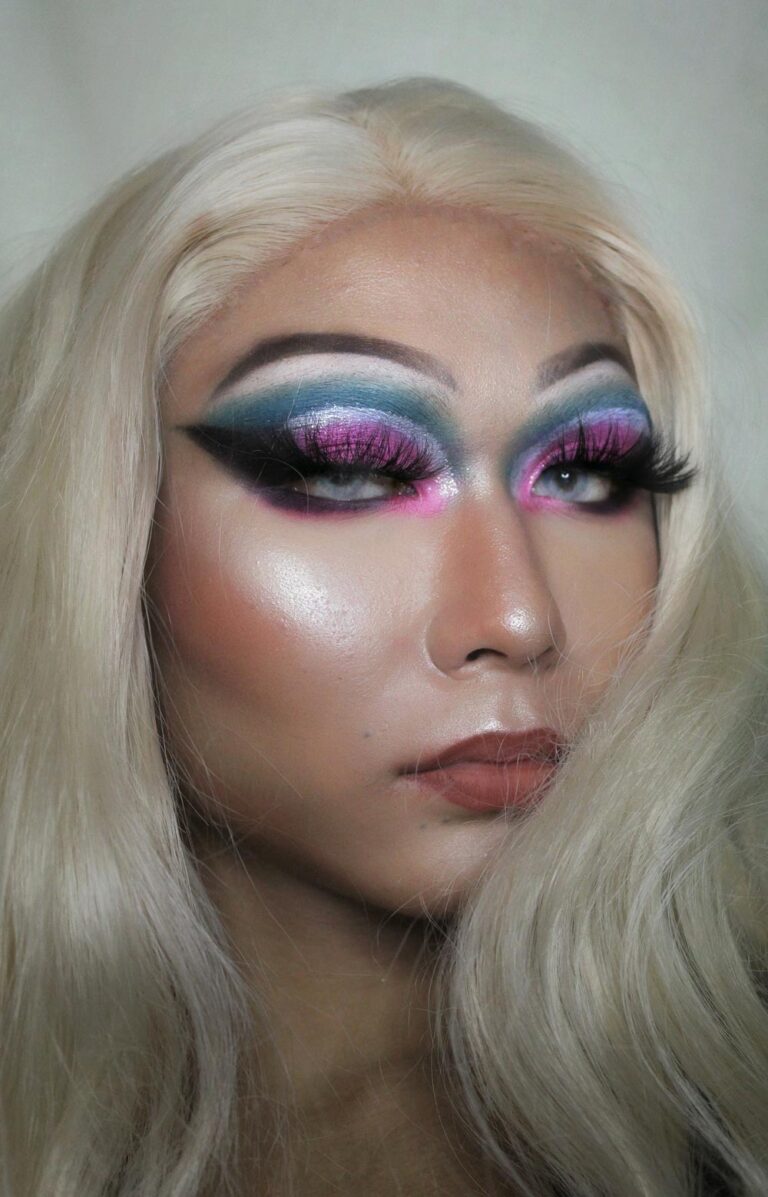
Opinion
Why Dave Chappelle’s ‘freedom of speech’ argument is more a freedom of stigma
By Henry Tolley
Opinion
Why Dave Chappelle’s ‘freedom of speech’ argument is more a freedom of stigma
By Henry Tolley
Updated Mar 1, 2022 at 09:18 AM
Reading time: 3 minutes
LGBTQI rights
Feb 28, 2022
Cancellations of public figures happen more frequently than that of bad TV series nowadays—making it hard to keep track of whose reputation is still intact. But unless you’ve had your phone on aeroplane mode for the past six months, Dave Chappelle’s latest transgressions against the LGBTQ+ community has probably been on your radar.
Following typically blue jokes from the famous stand-up comedian and actor in his 2021 Netflix special The Closer, many called out his material as transphobic—yet again—which in turn led to a concerted campaign to cancel him to emerge. ‘Cancelling’, in this instance, consisted of various LGBTQ+ people and allies demanding his specials be removed from the streaming giant’s platform and his opportunities to produce content for it be revoked.
Despite these efforts, Netflix announced on 18 February 2022 that Chappelle had just been signed on for four new comedy specials this year alone. In fact, his latest one, Chappelle’s Home Team, is premiering today, Monday 28 February. It’s safe to say that the conscientious effort to have trans voices heard fronted by those who disagree with Netflix’s platforming of Chappelle’s rhetoric were largely ignored.
Netflix’s co-CEO, Ted Sarandos, told staff back in October 2021 that the firm supports “creative freedom—even though this means there will always be content on Netflix some people believe is harmful.” One believer in such harmfulness is trans ex-Netflix employee and systems engineer Terra Field. In a Twitter thread that has gathered just under 20,000 likes so far, Field argued that “promoting TERF ideology […] directly harms trans people, it is not some neutral act.”
Field further implied that Chappelle’s jibes veer closer to hate speech than that of so-called “creative freedom.” Ironically, the latter is often cited alongside our democratic right to free speech and is employed defensively by those accused of unabashed comedy. One of the taglines of The Closer is literally, “comedians have a responsibility to speak recklessly.”
After having begrudgingly sat through Chappelle’s one hour and 12-minute long diatribe against trans women and queer people—among other topics, of course—it became crystal clear to me that the show’s punchline was to exercise the right to “speak recklessly,” meaning to spout transphobic rhetoric in the name of comedy.
Aside from joking about enjoying being molested as a child and claiming that “the feminist movement needs a male leader,” Chappelle made a point of misgendering queer people before mocking the “Adam’s apples” and appearances of trans women. It’s clear from his tone that he’s going for the ‘I’m just saying what you’re all thinking’ tactic to draw laughs from an audience that, let’s face it, is likely to host mostly cisgendered and straight people.
The trouble is, when comedians justify their comedy in this way, they’re not saying what we’re all thinking. Granted, they are saying what they, and, unfortunately, perhaps the majority of mainstream society is thinking—but not everyone.
This highlights a key issue: point of view. To him, cracking jokes about trans people is all well and good because he doesn’t feel the ramifications of such ‘comedy’ himself—as a cisgendered man, it won’t affect him. Chappelle is mocking various members of the LGBTQ+ community without having a clue what it’s like to live that life. His retelling of his brief working relationship with budding trans comedian Daphne Dorman before she tragically took her own life only exemplifies this. Chappelle claims to be allowed to make jokes about trans people yet felt it necessary to justify his cruel remarks by appropriating Dorman’s voice.
As Mean Girls’ Cady Heron aptly said once, “It’s only okay when they say it.” Joking in a self-deprecating way or making observations based on your own experience puts an audience at ease and can educate people. You can inspire compassion through humour in this sense—something that can justify “reckless” comedy.
Field encapsulated this same perspective perfectly in her Twitter thread:
Comedians that poke fun at minority groups of which they are not a part are ultimately validating their audience’s discriminatory views. And judging by the knee-slapping and guffawing of certain members in Chappelle’s live audience, many people do think that the existence of transgender people is a complete joke.
Just because it’s the opinion (private or vocal) of the majority does not make it any less vindictive and mean-spirited. It’s clear Chappelle wants to become a figurehead for being able to speak one’s mind, a thick-skinned hero immune to the duress of cancel culture. But in doing so, he’s undermining basic humane respect, acceptance and kindness.
Taking down The Closer would be argued by Chappelle defenders as unmitigated censorship that breaches the comedian’s right to free speech. But let’s not confuse censorship with basic manners.
After offering a recent joke apology, Chappelle claimed to “love” being cancelled. While he obviously feels no remorse for his mockery of the trans community, he also added at the end of the special that he “won’t make any more LGBTQ+ jokes until he’s sure we’re all laughing together.” Well, Dave, maybe if you let a trans person crack the jokes, we will.




